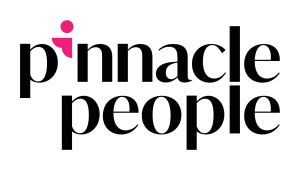To thrive in hospitality, it is paramount to gain the community’s approval and trust. A social license is the acceptance of a company or industry’s standard business practices and operating procedures by its employees, stakeholders and the broader public. Community support and opinion is now more important than ever and having a social license to operate (SLO) is essential to not only growing one’s business but retaining current customers, guests and employees. An SLO needs to be earned and can be lost very quickly due to the ease with which opinion can now be shared.
To align with community standards is incredibly difficult without knowledge of the area and the people who will be your guests and customers. If your restaurant or hospitality business aligns and resonates with community standards and values, people will approve, purchase and return. A consumer may read an article on the effects of palm oil on orangutan habitats and the next day discover their favourite cake shop uses palm oil and never return. It would also seem unreasonable to open a café selling processed products with the use of animal testing in an area full of vegans and the health conscious.
The underpayment of staff (sadly prevalent and reported with increasing frequency) has astronomical effects on a business through loss of social license. Employees would not want to work there, stakeholders would have no trust in their investment and many customers would be appalled and never return. The upkeep of one’s minimum standards, such as paying employees correctly, is strongly linked to one’s social license.
Another very tangible influence on one’s business in relation to their social license is social media and online reviews. If a customer or guest has had a poor experience, it only takes a minute to let the world know. Social media can also create a positive impact. A consumer may really enjoy your business and leave you a great review or take a fantastic photograph to share.
In many other industries, community standards may not shift overnight in terms of ethics, expectations and treatment, although in hospitality this is not the case. Expectations are ever-changing and trust can be broken between a consumer and a business within a single transaction, meal, room stay, drink or conversation.
Although, having ones social license to operate may not have been labelled as such until recently, it has always been an important part of a business. A hospitality business needs to be agile and shift to accommodate emerging trends, times and new information. Maintaining your social license needs to be a constant focus to ensure your services are aligning with community standards and their expectations are being met for your business to thrive.

